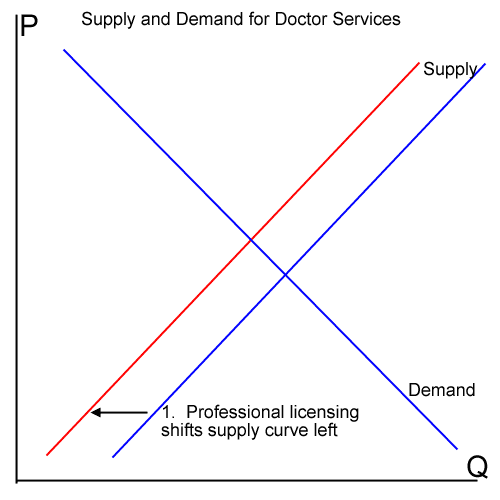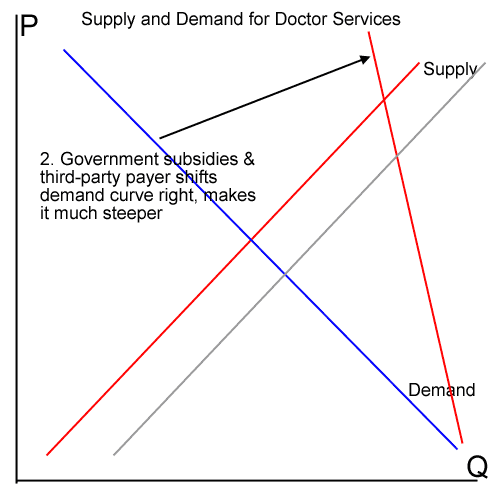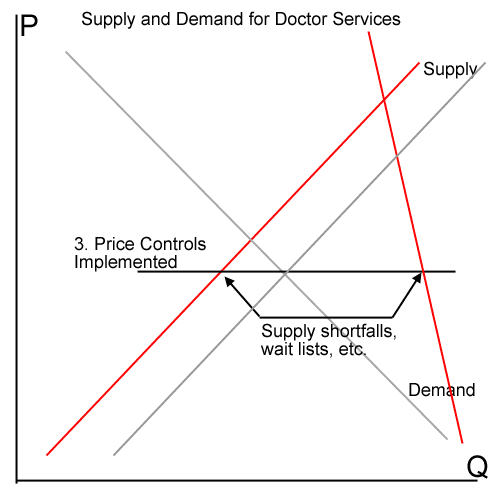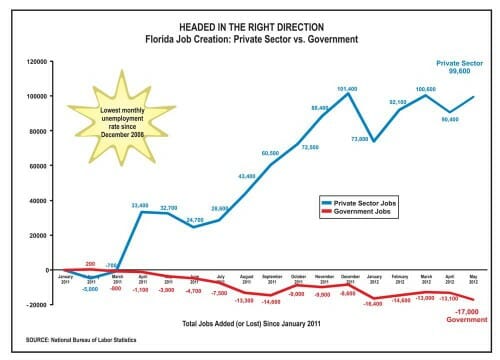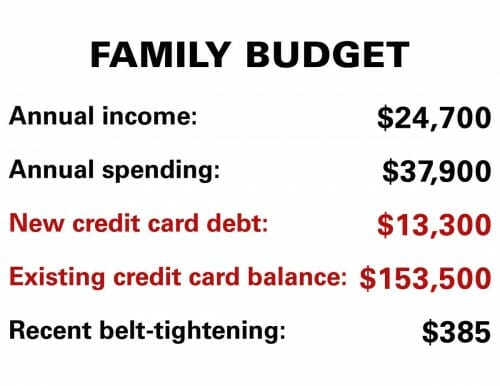The New Deal and Black Ghettoization
I have been watching the old PBS documentary series (in that Ken Burns style but I don't think by Ken Burns) and found this an interesting story of government policy fail that I had never heard much about. Much like segregated train and bus service, racial redlining that is commonly blamed on private enterprise in fact began as government policy
Government policies began in the 1930s with the New Deal's Federal Mortgage and Loans Program. The government, along with banks and insurance programs, undertook a policy to lower the value of urban housing in order to create a market for the single-family residences they built outside the city.
The Home Owners' Loan Corporation, a federal government initiative established during the early years of the New Deal went into Brooklyn and mapped the population of all 66 neighborhoods in the Borough, block by block, noting on their maps the location of the residence of every black, Latino, Jewish, Italian, Irish, and Polish family they could find. Then they assigned ratings to each neighborhood based on its ethnic makeup. They distributed the demographic maps to banks and held the banks to a certain standard when loaning money for homes and rental. If the ratings went down, the value of housing property went down.
From the perspective of a white city dweller, nothing that you had done personally had altered the value of your home, and your neighborhood had not changed either. The decline in your property's value came simply because, unless the people who wanted to move to your neighborhood were black, the banks would no longer lend people the money needed to move there. And, because of this government initiative, the more black people moved into your neighborhood, the more the value of your property fell.
The Home Owners' Loan Corporation finished their work in the 1940s. In the 1930s when it started, black Brooklynites were the least physically segregated group in the borough. By 1950 they were the most segregated group; all were concentrated in the Bedford-Stuyvesant neighborhood, which became the largest black ghetto in the United States. After the Home Owners Loan Corp began working with local banks in Brooklyn, it worked with them in Manhattan, the Bronx, and Queens.
The state also got involved in redlining. (Initially, redlining literally meant the physical process of drawing on maps red lines through neighborhoods that were to be refused loans and insurance policies based on income or race. Redlining has come to mean, more generally, refusing to serve a particular neighborhood because of income or race.) State officials created their own map of Brooklyn. They too mapped out the city block by block. But this time they looked for only black and Latino individuals.
The academics interviewed in the series argued that nearly every black ghetto in the country was created in the 1930's by this program.
